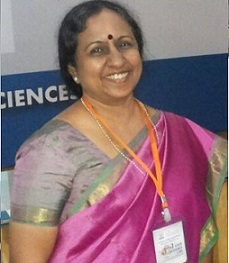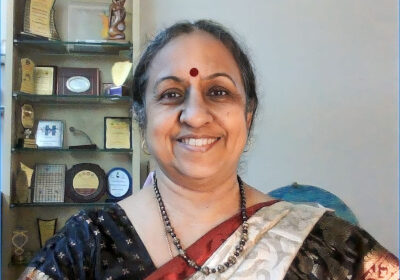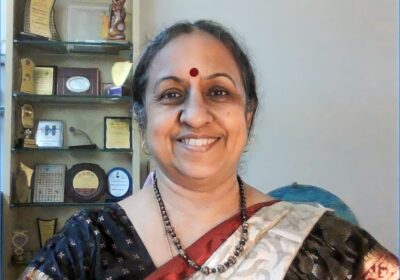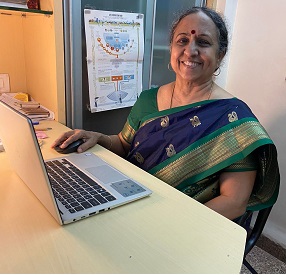Everything is at one’s finger tips today. Getting literature is easy, appraisal is the tough task. Search PubMed – you get all medical literature
These are perceptions of a large number of health professionals – and these are “facts” they tell students. At the receiving end, students who (obviously) accept everything that a senior says, believe these statements. And many often wonder if they are “unique” – in their inability to search and find results easily.
Worse still – are the statements – There are several tutorials on the net – on searching PubMed. In fact, the PubMed site itself has enough tutorials
We at QMed have one question. PubMed has been available free to anyone since 1997. Even if you discount the first couple of years – between 2000 and now – that is more than twenty years. If there are so many adequate tutorials online, why do we not have enough PubMed experts in the country? Forget experts – why do most not know several basics?
Very recently we put up a small test online. Asking people to do them, to test their knowledge – Please click this link to test your information literacy
So far 82 people have responded. And here are the scores:
| Score | Numbers | Total particpants | % scored |
| 0 | 9 | 82 | 11 |
| 1 | 19 | 82 | 23 |
| 2 | 19 | 82 | 23 |
| 3 | 17 | 82 | 21 |
| 4 | 13 | 82 | 16 |
| 5 | 5 | 82 | 6 |
You will notice that more than half have scored between Zero and Three out of a possible Five. And except for one question, all others were quite basic. When I say quite basic, I mean – that to do a reasonable search in PubMed anyone must know the answers to those questions. Then there is a tool in PubMed – that works wonders to find the full citation if you have an incomplete one. And only 38/82 – again less than half the people were aware of this! This is one of the easiest to implement tool in PubMed.
(I am not giving away the answer here, in case someone who reads this may attempt the test).
Even more interesting was the fact that responders had an option to say “I don’t know”. We requested that they refrain from guessing. And yet – it was obvious that some resorted to guessing! For instance, one participant could not give the answer [Mesh] for a question, where this was a choice. This person chose the “I don’t know” option. Fair enough. But then when there was this difficult question about MeSH, the same respondent took a guess, instead of choosing “I don’t know!”. And happened to guess the correct answer. There would be so many more such guesses. If we analyzed them, then the percentages of correct answer would be still lower!
What are we waiting for, India? Isnt it high time that literature searching is done correctly and well? Research without a correct search is not good research. Don’t we need high quality research outputs and base our evidence, on research done locally?
QMed provides its online courses at highly affordable access options. We made sure that people can learn at their own pace. On their mobiles if they wish to. We also offer a lot of support.
Come on – www.qmedcourses.in is waiting for you!
Requesting institutions to take these up for all! Here is a group waiting to share its knowledge. Do not delay any more! Vice Chancellors and Deans – please give a moment and explore this page. And readers who can connect us to decision makers, please, please do! Let us all spread this knowledge across India! Write to us at info@qmed.ngo or qmed07@gmail.com if you can help!





